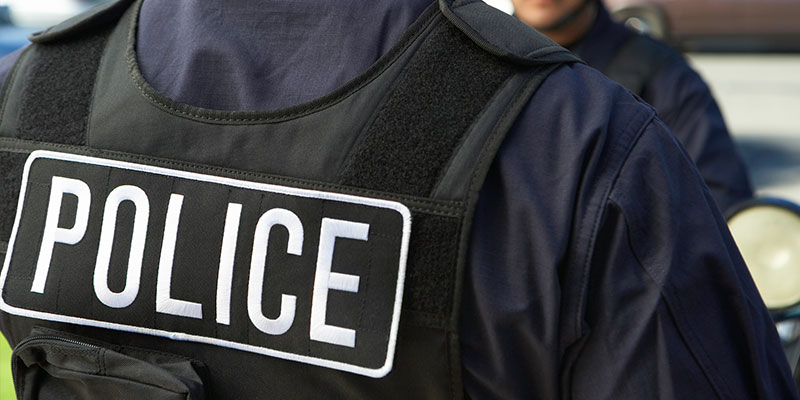Location
Our Washington Location
Our inpatient facility is located in Washington, and will serve Washington state. It will provide a safe & therapeutic environment for both our staff and patients.
- Edmonds
7416 212th St SW,
Edmonds, WA 98026
Every state in the country has different drug laws, some in line with federal regulations, and some are slightly different. The number of legal drugs in each state does not dictate how strict its overall drug laws are. Even though marijuana is legal for recreational use in Washington state, there are still several strict drug laws covering different aspects of drug use. However, some considerations assist people suffering from addiction that can help make their recovery easier to navigate.
If you or a loved one struggles with addiction, there is no better time to start the road to recovery than now. Call us at 888.450.2153 to enroll in one of our inpatient substance abuse treatment programs.
Drug schedules are systems designed to classify different types of drugs. These schedules will have different penalties if a drug law is broken. Washington's drug schedules include designer drugs, often chemically designed to be similar to illicit drugs but skirt some laws.
These substances have no legal, medical use in the country and tend to be abused. Some drugs in this schedule include:
These substances have restricted medical use but are likely to be abused. Some drugs in this schedule include:
Substances in this schedule have restricted medical use and a lower tendency to be abused but may still cause dependence. Drugs in this schedule include:
Drugs in this schedule have restricted medical use, a lower tendency of abuse, and a lower likelihood of dependence. Some drugs in this schedule include:
Substances in this class have a medical use, a lower tendency of abuse, and a lower likelihood of dependence especially compared to other schedules. Some cough suppressants with minimal amounts of codeine may fall into this schedule.
Possessing drugs in these schedules illegally can bring severe penalties. Violations regarding drugs in these schedules are known as Violation of the Uniform Controlled Substance Act (VUCSA), commonly known as drug charges. VUCSA charges can also involve drug materials, known as paraphernalia
Paraphernalia usually refers to the equipment needed for a particular activity. Drug paraphernalia can vary considerably since different drugs are taken through the skin, the nose, or the mouth.
In Washington, marijuana paraphernalia may not be subject to penalties other drug equipment may incur. Typical drug paraphernalia that may draw a misdemeanor includes:
Paraphernalia charges in Washington state may incur penalties of up to 90 days in jail and $1,000. Officials may use a person's drug charge history to determine if everyday items, like bowls or spoons, can be used to incur a new drug charge.
Driving under the influence (DUI) puts many people at risk of harm and even death. Penalties for a DUI in Washington state are severe. Even before being fully convicted, a person charged with a DUI can have their license suspended.

It is important to note that a DUI does not just pertain to alcohol but any substance that causes impairment to the driver. Other DUI penalties in Washington include:
The severity and duration of these penalties depend on the DUI history of the person being charged. A single DUI charge in Washington state can easily cost more than $11,00 in fines and fees alone.

Beyond paraphernalia and DUI charges, there are dozens of drug charges that you can be convicted of in Washington state. IF you struggle with substance abuse, you may be at risk of committing one of these crimes and later paying the price.
Breaking the cycle of addiction can be intimidating and complicated; there is no shame in asking for help. Get started on the road to recovery today by contacting us at 888.450.2153.

Our admissions coordinators are here to help you get started with treatment the right way. They'll verify your health insurance, help set up travel arrangements, and make sure your transition into treatment is smooth and hassle-free.
888.450.2153Contact Us